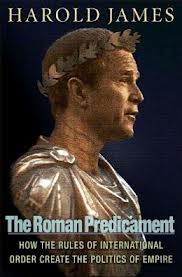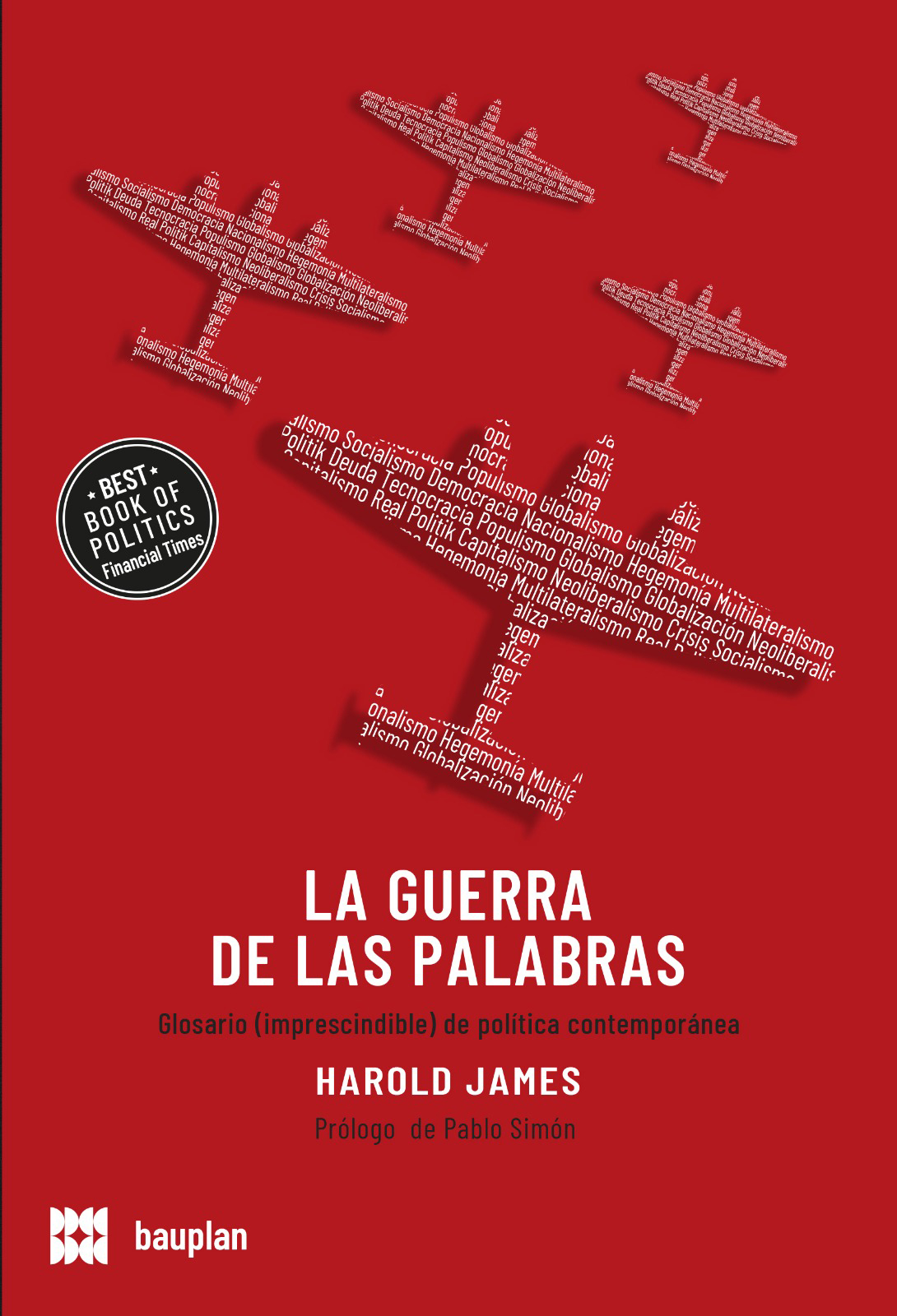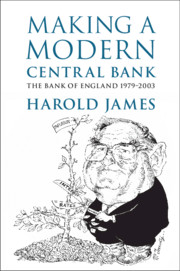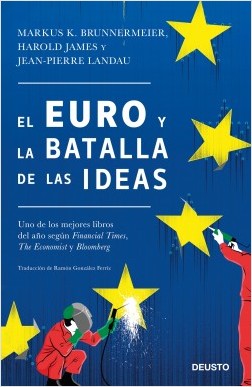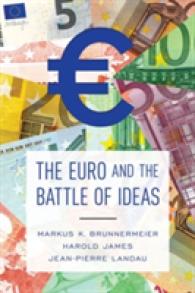The roman predicament
how the rules of international order create the politics of empire
- ISBN: 9780691122212
- Editorial: Princeton University Press
- Fecha de la edición: 2006
- Lugar de la edición: Princeton (New Jersey). Estados Unidos de Norteamérica
- Encuadernación: Cartoné
- Medidas: 24 cm
- Nº Pág.: 163
- Idiomas: Inglés

Servicio de búsqueda de libros
Este libro está agotado o descatalogado por la editorial. Si lo desea podemos buscar esta obra en librerías de saldo y ocasión.
Sí, por favor búsquenme este libroModern America owes the Roman Empire for more than gladiator movies and the architecture of the nation's Capitol. It can also thank the ancient republic for some helpful lessons in globalization. So argues economic historian Harold James in this masterful work of intellectual history. The book addresses what James terms "the Roman dilemma" - the paradoxical notion that while global society depends on a system of rules for building peace and prosperity, this system inevitably leads to domestic clashes, international rivalry, and even wars. As it did in ancient Rome, James argues, a rule-based world order eventually subverts and destroys itself, creating the need for imperial action. The result is a continuous fluctuation between pacification and the breakdown of domestic order. James summons this argument, first put forth more than two centuries ago in Adam Smith's Wealth of Nations" and Edward Gibbon's "Decline and Fall of the Roman Empire", to put current events into perspective. The world now finds itself staggering between a set of internationally negotiated trading rules and exchange rate regimes, and the enforcement practiced by a sometimes-imperial America. These two forces - liberal international order and empire - will one day feed on each other to create a shakeup in global relations, James predicts. To reinforce his point, he invokes the familiar bon mot once applied to the British Empire: "When Britain could not rule the waves, it waived the rules." Despite the pessimistic prognostications of Smith and Gibbon, who saw no way out of this dilemma, James ends his book on a less depressing note. He includes a chapter on one possible way in which the world could resolve the Roman Predicament - by opting for a global system based on values as opposed to rules.

